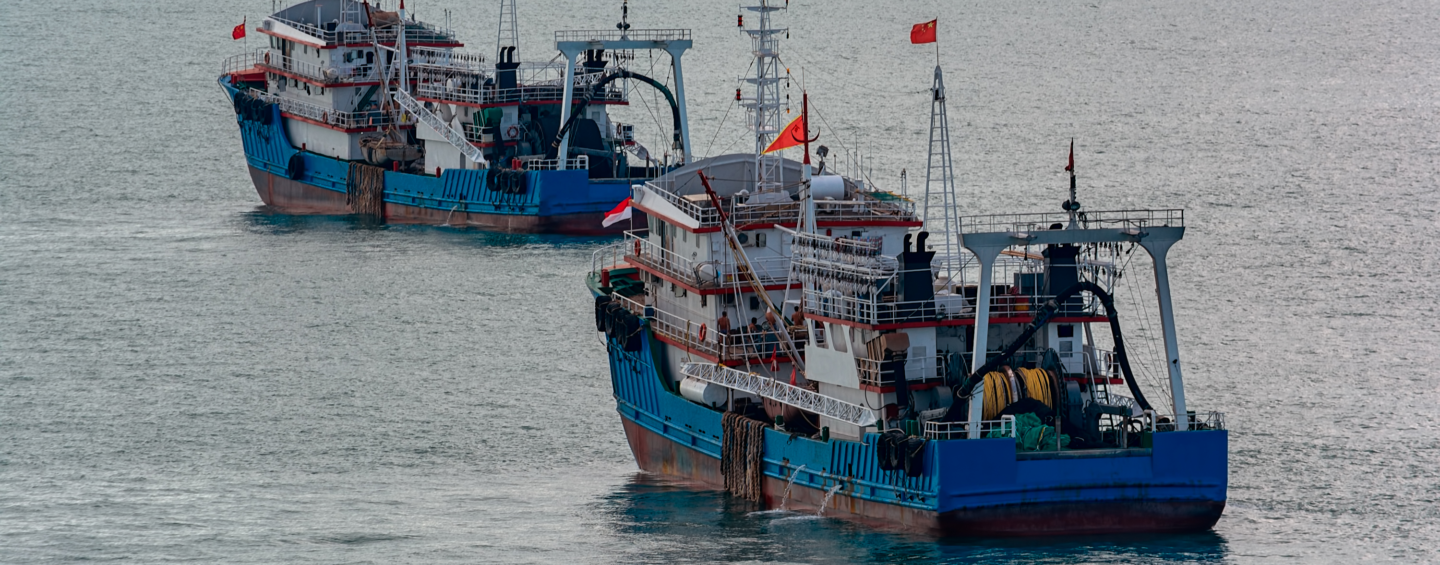Is the action plan from the US Task Force on IUU Fishing on the right track?
Last month, the US Commerce and State Department-led Presidential Task Force on Combatting IUU Fishing and Seafood Fraud released an action plan for implementing the Task Force’s 15 recommendations. These recommendations comprehensively addressed illegal, unreported, and unregulated (IUU) fishing and seafood fraud by outlining many actions to be taken at national and international levels. In fact, some industry groups are concerned the recommended actions have gone too far and may result in redundant government efforts and confusing new regulations.
But it is also clear is that this plan attempts to tackle a huge and diverse problem in a surprisingly short time period, and has lumped together some truly egregious actions that cause extreme environmental issues with other less concerning activities that certainly should be addressed, but are not nearly as urgent. Instead, it may be more productive to break the problem down into smaller “bite-sized” pieces, and prioritize them by severity.
Let’s start with IUU fishing versus seafood fraud. While the report does point out early on that these two issues are not necessarily connected (though illegally harvested product might be more likely to be subject to fraud to disguise its provenance), the action plan then goes on to often lump these two back together within many of the recommendations. It would have been more clear, and likely more functional, to have two separate action plans to deal with these two separate issues. While a few of the items on these two plans might have overlapped, they would, for the most part, have different actions and be applied to different parts of the supply chain, since IUU fishing is more likely to happen outside the US, while seafood fraud can occur at any point in the supply chain.
Now let’s break down IUU. While these three types of problematic fishing behaviors are usually just lumped together in one acronym, it’s fairly obvious which is the most heinous: illegal fishing. This is fishing that is in direct violation of implemented laws and regulations. These laws and regulations generally have been implemented to correct or prevent problems, thus illegal fishing is usually the type of IUU fishing that is causing the most egregious sustainability problems. The Task Force goals would be better broken down into those that address illegal, unreported, and unregulated fishing separately, prioritizing those addressing illegal fishing. Additionally, the primary focus should be on the fishery products that most commonly enter the US supply chain.
Sustainable Fisheries Partnership (SFP) has been working with our partners to rectify sustainability problems like illegal fishing for nearly a decade. We started this work with cod in the Eastern Baltic Sea, as well as Barents Sea cod and haddock, and moved on to the Mexican shrimp fishery in the Gulf of California, and now to the blue swimming crab fishery in Indonesia and the southeast Asia trash fish trawl fisheries. With all of these fisheries we have found an extremely effective mechanism for substantially reducing or eliminating illegal fishing: control documents, which help the supply chain to reinforce current government regulations with the strength of their purchasing power.
Control documents were effectively implemented in the Eastern Baltic Sea Cod FIP and the Barents Sea Cod and Haddock FIP, both fisheries rebounding and eventually attaining Marine Stewardship Council certification. The Upper Gulf of California Industrial Shrimp FIPimplemented control documents last year and early results suggest promising reductions in illegal fishing. SFP is now working to help implement control documents in the industry-led Indonesia Blue Swimming Crab FIP, and exploring their utility in the Kien Giang Trawl and Ben Tre Trawl FIPs in Thailand.
It’s tools like this—targeting a specific problem in a specific fishery—that have the most impact on reducing illegal fishing and the associated environmental impacts. While the Presidential Task Force recommendations are good and will have an impact on reducing IUU fishing and seafood fraud in the long term, we believe that by focusing on the most severe issues first it is possible to identify highly effective solutions that can be implemented quickly and generate nearly immediate results. The seafood supply chain is a powerful force for driving change in the harvest sector, and it would behoove the government to turn towards the supply chain for assistance in combatting illegal fishing.

